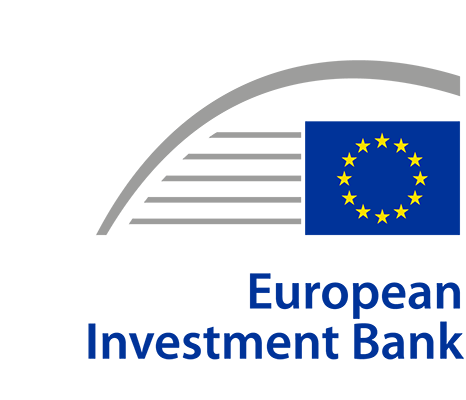Greece: a EUR 750 million interest rate subsidy for businesses affected by COVID-19 outbreak

In less than a month, Greece has put in place a EUR 750 million interest rate subsidy operation under the EU State aid Temporary Framework to help businesses affected by the COVID-19 outbreak for a period between 1 April and 30 June 2020. To benefit from this scheme, companies must demonstrate that they faced difficulties because of the COVID-19 outbreak and that they will maintain the same number of employees at least until 31.12.2020
Many EU countries are preparing or have already implemented specific schemes using ESIF financial instruments to fight the negative effects of COVID-19 on the economy and above all help preserve jobs. In Greece, already severely hit by the 2008 financial crisis, a specific unit within the Ministry of Development and Investment will subsidise interest rates of all loans contracted before 1 April 2020 and could extend it for a further two months if needed.
To benefit from the support, affected companies must prove first that they faced difficulties as a result of the COVID-19 outbreak. They will also need to maintain the same number of employees and this until the end of 2020.
As described in the recent fi-compass publication, ‘Responding to the COVID-19 crisis through ESIF financial instruments’, interest rate subsidies funded by ESIF resources or otherwise can be used to support SMEs to meet their interest obligations. The subsidies can meet sums payable by the businesses for both existing and new loans, including those from ESIF financial instruments.
More than 100 000 SMEs to benefit from this scheme
According to official sources, more than 100 000 SMEs are expected to benefit from this scheme. The average grant amount is estimated to be less than EUR 7 500. As indicated in the ‘Temporary Framework for State aid measures to support the economy in the current COVID-19 outbreak’, the amount of the grant cannot exceed EUR 800 000 per company. This amount reflects the total amount of grant support permitted under the Temporary Framework that an enterprise (per VAT number) can receive. This scheme is only one of a package of measures that will be adopted in Greece to help businesses at this crucial time, including: new loans for working capital with fully subsidised interest rate for two years; guarantees for new loans to enterprises; and grants to self-employed affected by the pandemic by reducing their activity.
Where and how to apply
Interested companies can find information regarding this scheme on the website of the managing authority ‘Competitiveness, Entrepreneurship and Innovation’ Operational Programme as well as on its social media pages on Facebook, Twitter and LinkedIn. In addition, the managing authority advertised this scheme in its weekly newsletter, which was sent to all its subscribers in order to ensure a wide dissemination of information. The action has also been posted on the ESIF national site as well as on the website of the ‘Special Authority for the Management & Application at the Sectors of Industry, Trade and Consumer Protection’ which will be involved in the implementation phase. For the speed of implementation, the Managing Authority also recruited an additional technical advisor to support them in addition to their own resources.
To access the support, each eligible SME needs to apply electronically through a dedicated Management Information System (MIS) for state aid, a user-friendly web tool developed during the previous programming period. Each eligible SME needs to complete a single application per bank with which loans have been contracted (so one application for multiple loans held with one bank). National promotional banks having access to this MIS will thus review the applications and flag the rejected ones to the ministry. According to the programme guide, the participation of the banks into this scheme is compulsory in order to secure the fair treatment of all borrowers.

